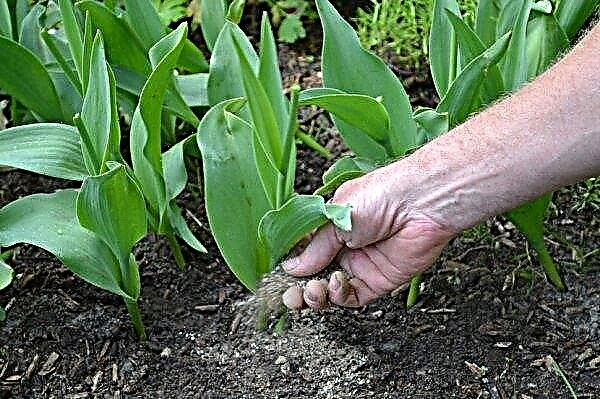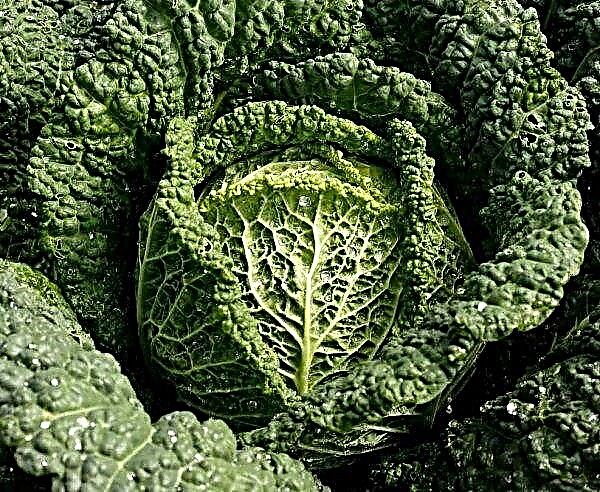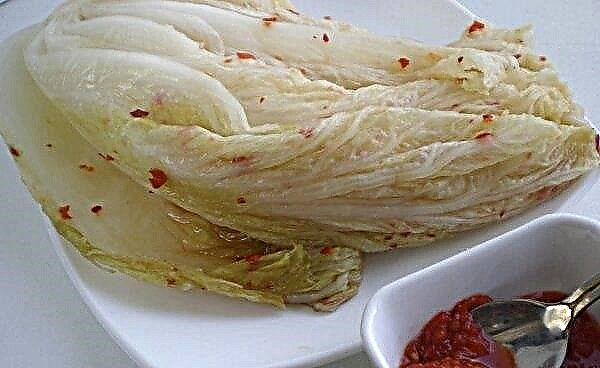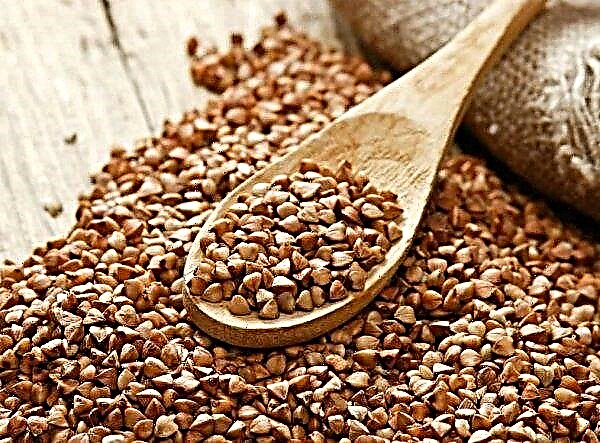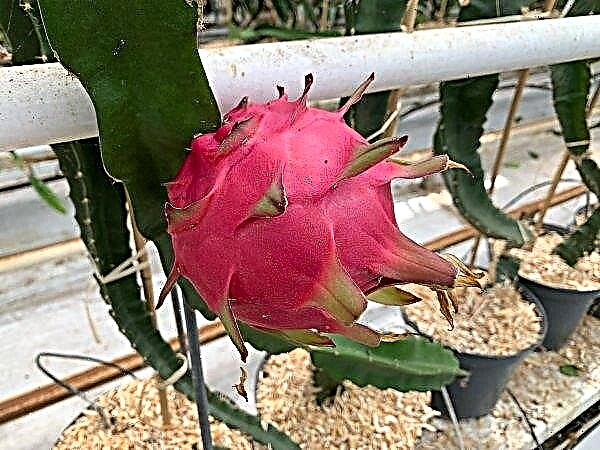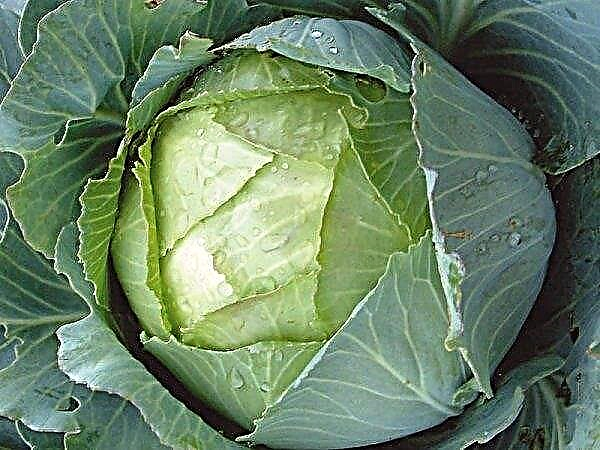In newborns, the stomach is fully formed only by 3 months, so they often suffer from colic. For a long time, the best way to eliminate spasms and remove gases is odorous dill. Read about the benefits and possible harm to the child's body of dill grass below.
Is it possible to give dill to a newborn
To find out how to properly prepare a decoction of dill for infants and whether it can be given to a newborn child, you need to consult a pediatrician. Usually dill water is prescribed from the 2-3rd week of a baby's life.
Important! Any means of plant and chemical origin prescribed in infancy can cause a negative reaction of the child's body, so at this time you need to carefully monitor the baby's behavior and immediately respond to any deviation from the norm.
It is at this point that problems begin with the removal of gases, which provoke unpleasant sensations, bloating and pain. To avoid the occurrence of side effects, the dosage is increased gradually. At the initial stage, babies are given no more than 1 tsp. dill water for 1 time. For 2-3 hours, the reaction of the body is monitored.
Dill Properties
To prepare a decoction of fennel, use dill seeds, which contain a large amount of essential oils. On the one hand, these inclusions contain many useful vitamins and minerals necessary for the development of the baby's body. On the other hand, a glut of these same minerals can cause allergies or more serious gastrointestinal complications.
Beneficial features
- Fennel essential oils are characterized by the following beneficial qualities:
- help relieve spasm of the muscles of the digestive tract;
- relieve swelling;
- have a diuretic effect, which helps to eliminate toxins from the body;
- gently affect the nervous system, providing a calming effect;
- accelerate the metabolism;
- stimulate cell regeneration and development.
Harm
- Fennel essential oils can harm the baby’s body because:
- reduce pressure, which is extremely dangerous if the birth was difficult and the baby’s cardiovascular system is unstable;
- may cause allergies in the form of diathesis, laryngeal edema.
Contraindications and side effects
Contraindications to the use of dill water are:
- the presence in the history of the mother of allergic reactions to herbs;
- heart dysfunction;
- impaired renal function;
- tendency to hypotension;
- violation of the intestinal microflora;
- chronic gastritis in the history of relatives of the child - fennel seeds retain a certain percentage of severity and can cause damage to the mucous membranes, which subsequently leads to the development of gastritis.
 In some cases, along with fennel infusion, it is rational to prescribe drugs that contribute to the gentle relief of constipation, for example, Dufalac or probiotics. Reactions with constipation are more often observed in babies who are breast-fed.
In some cases, along with fennel infusion, it is rational to prescribe drugs that contribute to the gentle relief of constipation, for example, Dufalac or probiotics. Reactions with constipation are more often observed in babies who are breast-fed.Important! At the first negative reactions in a baby to the use of a fennel decoction, you should immediately consult your doctor.
How does dill affect a newborn
The content of micro and macro elements in dill has a beneficial effect on the body as a whole, and not only on the digestive tract. The fact is that it is in the gastrointestinal tract that most of the cells responsible for the formation of the immune system are localized. If the body is not able to properly digest food and supply a sufficient amount of vitamins to the blood, immunity drops sharply. Dill helps protect the baby from viral infections, which is very important at the initial stage of life. Viral infections have a devastating effect on the nervous system, which is not yet fully formed, which is responsible for motor reactions and psychomotor development. Dill has a calming effect on the nervous system, which improves the baby's sleep. High-quality rest is an integral part of the normal development of the baby, which is tired at first stronger than any adult, due to the receipt of a large amount of information.
Viral infections have a devastating effect on the nervous system, which is not yet fully formed, which is responsible for motor reactions and psychomotor development. Dill has a calming effect on the nervous system, which improves the baby's sleep. High-quality rest is an integral part of the normal development of the baby, which is tired at first stronger than any adult, due to the receipt of a large amount of information.
Dill water is the main drug to eliminate colic in infants. It has a beneficial effect not only on the gastrointestinal tract, but also on the whole organism.Did you know? Not only fennel seeds are consumed, but also its roots. They are fried in olive oil and added to the diet, if necessary, to lower blood cholesterol.


